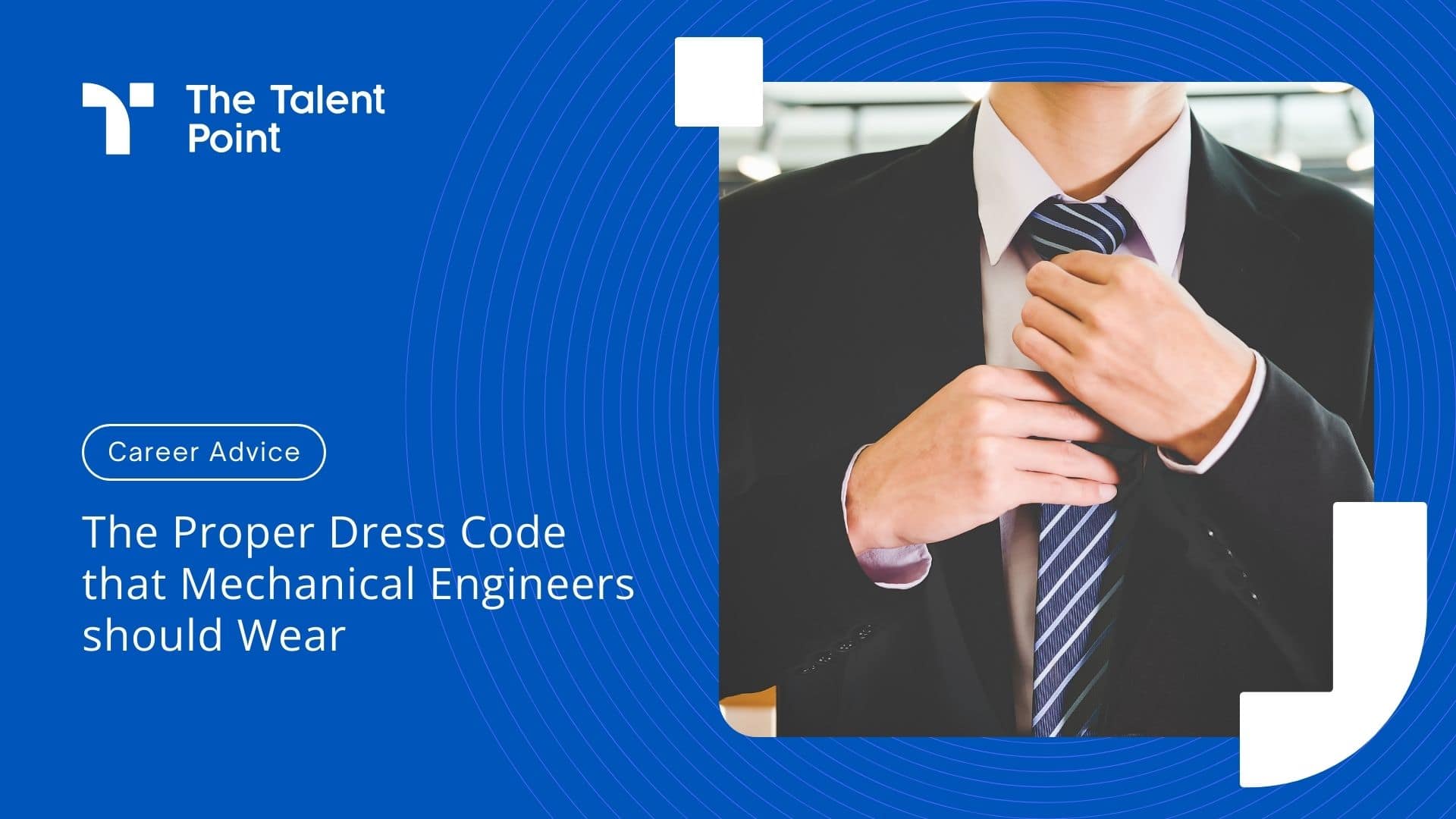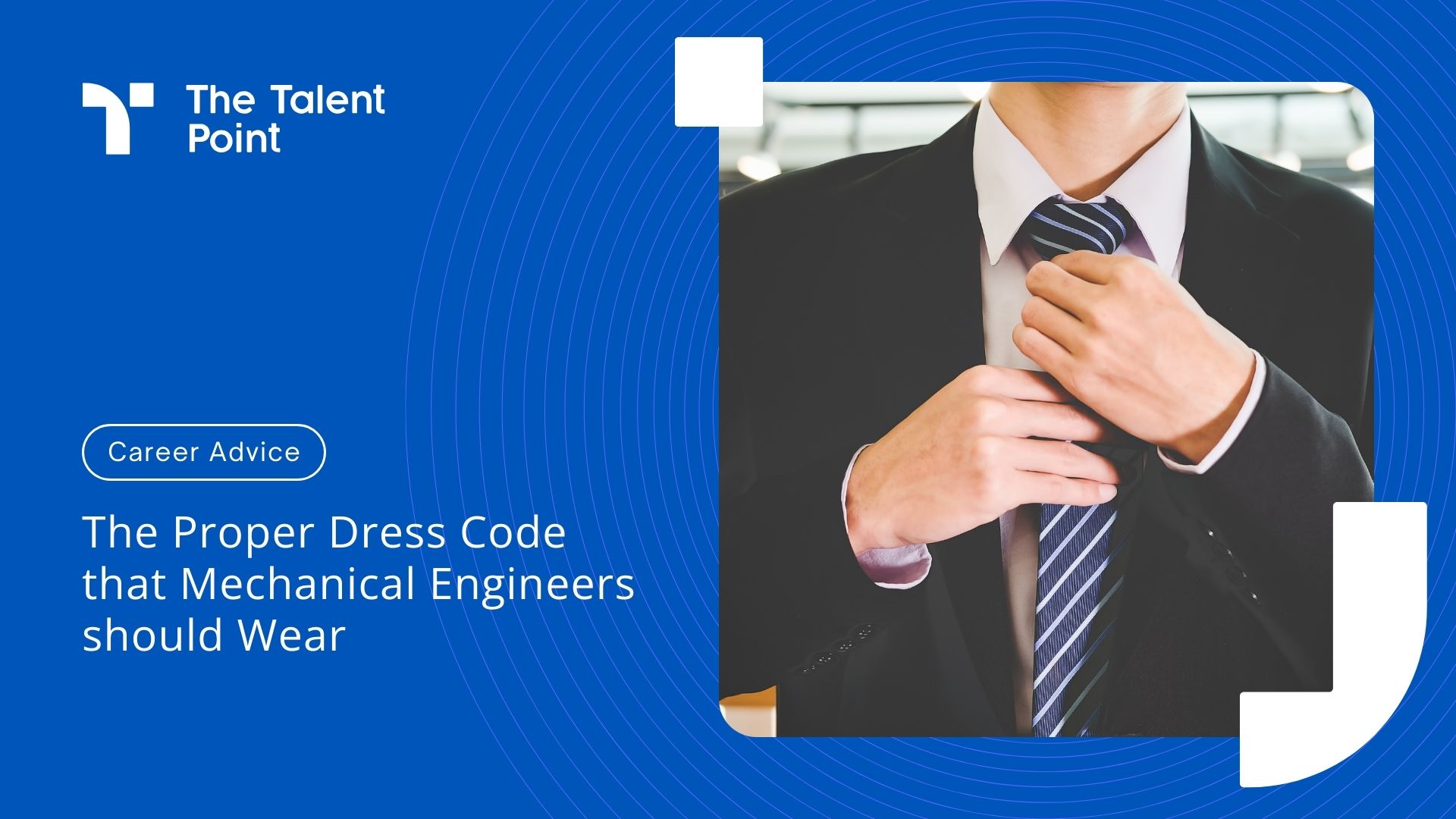HR Executive Job Description

The HR executive's role is important for keeping the workforce engaged, motivated, and productive. These specialists are the foundation of the organization’s human resources department and are responsible for managing various aspects of employee relations, recruitment, training, and development.
Let’s explore the HR executive job description, delving deeper into the key responsibilities and expected duties of this role.
What Is an HR Executive Job Description?
An HR executive job description includes managing a range of HR functions within an organization. This includes recruitment, employee relations, performance management, training, and compliance with specific labor laws and company policies. They connect the management team with employees, promote a positive work culture, and ensure the organization's human capital is used efficiently.
Companies That Need HR Executives
Companies across different industries like finance, healthcare, technology, manufacturing, and retail need HR executives to manage their human resources according to specific regulations. They are also the ones responsible for promoting a friendly and productive work environment.
Why HR Executives Are Important for the Company
Positive Work Culture: HR executives promote a positive work culture and a level of employee confidence.
Easier Talent Acquisition Process: They work on designing efficient talent acquisition and retention strategies.
Problem Resolution: HR executives play a crucial role in resolving conflicts and promoting peaceful workplace relationships.
HR Executive Job Description Duties and Responsibilities
Here are some common responsibilities that can be included in an HR executive job description:
Recruitment and Onboarding: Leading the recruitment process, from advertising job openings to conducting interviews and facilitating the onboarding of new hires.
Employee Relations: Handling employee conflicts and disciplinary actions, plus fostering positive relationships between employees and management.Performance Management: Implementing and managing performance appraisal systems to ensure fair evaluations and recognition of employee achievements.
Training and Development: Identifying training needs, organizing training programs, and facilitating professional development opportunities for employees.
Compliance: Ensuring compliance with labor laws, company policies, and regulations related to employment practices.
HR Administration: Managing HR-related documentation, maintaining employee records, and handling payroll and benefits administration.
Strategic Planning: Collaborating with management to develop HR strategies that go along with organizational goals and objectives.
Employee Engagement: Developing initiatives to enhance employee enthusiasm, satisfaction, and engagement within the workplace.
Communication: Communicating HR policies, procedures, and initiatives to employees and management efficiently.
HR Executive Education and Training
Typically, an HR executive holds a bachelor’s degree in human resources management, business administration, or a related field. Some employers may prefer candidates with additional certifications in HR management. Relevant work experience in HR roles and familiarity with HR software are also valued.
HR Executive Job Description Skills
The most common skills associated with an HR executive job description are:
Strong Communication: Excellent verbal and written communication skills are essential for effective interaction with employees and management.
Leadership Abilities: Capability to lead and motivate teams, promoting a positive work culture.
Attention to Detail: Awareness in handling HR documentation and ensuring accuracy in processes.
Problem-Solving Skills: Ability to address employee concerns and resolve conflicts promptly.
Adaptability: Flexibility to adapt to changing HR trends, organizational needs, and regulatory requirements.
How To Improve Your HR Executive Skills
Here are some of the ways you could grow in your position as an HR executive:
Continuous Learning: Stay updated on HR best practices, employment laws, and industry trends through professional development programs and workshops.
Networking: Build a network of HR professionals to exchange ideas, seek advice, and stay informed about industry developments.
Develop Soft Skills: Sharpen interpersonal skills such as empathy, active listening, and conflict resolution.
Embrace Technology: Familiarize yourself with HR software and tools to streamline processes and enhance efficiency.
Work Environment and Physical Demands
HR executives typically work in office settings, collaborating with employees, managers, and external stakeholders. The job may involve long hours of sitting, extensive computer work, and occasional travel for meetings or training sessions.
How Much Is the HR Executive Salary?
The salary for an HR executive varies based on factors like location, industry, experience, and company size. On average, in the US, HR executives can expect to earn a salary ranging from $77,000 to $143,000 per year, with additional benefits such as bonuses and healthcare packages.
Conclusion
The HR executive job description includes a wide range of responsibilities important for maintaining a harmonious and productive work environment. With the right education, skills, and commitment to ongoing professional development, HR executives can thrive in this role and contribute significantly to organizational success.
Browse our job listings to find your next opportunity as an HR executive, where you can leverage your education, skills, and commitment to foster a productive work environment and drive organizational success.
HR Executive Job Description FAQ
What qualifications are required to become an HR executive?
Typically, a bachelor’s degree in human resources management or a related field, along with relevant work experience, is required. Professional certifications such as SHRM-CP or PHR may also be advantageous.
What are the career advancement opportunities for HR executives?
HR executives can progress to roles such as HR Manager, Director of Human Resources, or Vice President of HR with experience, advanced education, and demonstrated leadership capabilities.
What software skills are essential for HR executives?
Proficiency in HRIS (Human Resources Information Systems) software, payroll systems, and Microsoft Office Suite is essential for HR executives to efficiently manage HR processes and data.
What soft skills are important for success as an HR executive?
Soft skills such as emotional intelligence, conflict resolution, decision-making, and relationship-building are crucial for HR executives to effectively manage employee relations and drive organizational success.
What industries typically employ HR executives?
HR executives are in demand across various industries, including healthcare, finance, technology, manufacturing, and retail, where managing human capital and fostering a positive work culture is paramount.
Share






